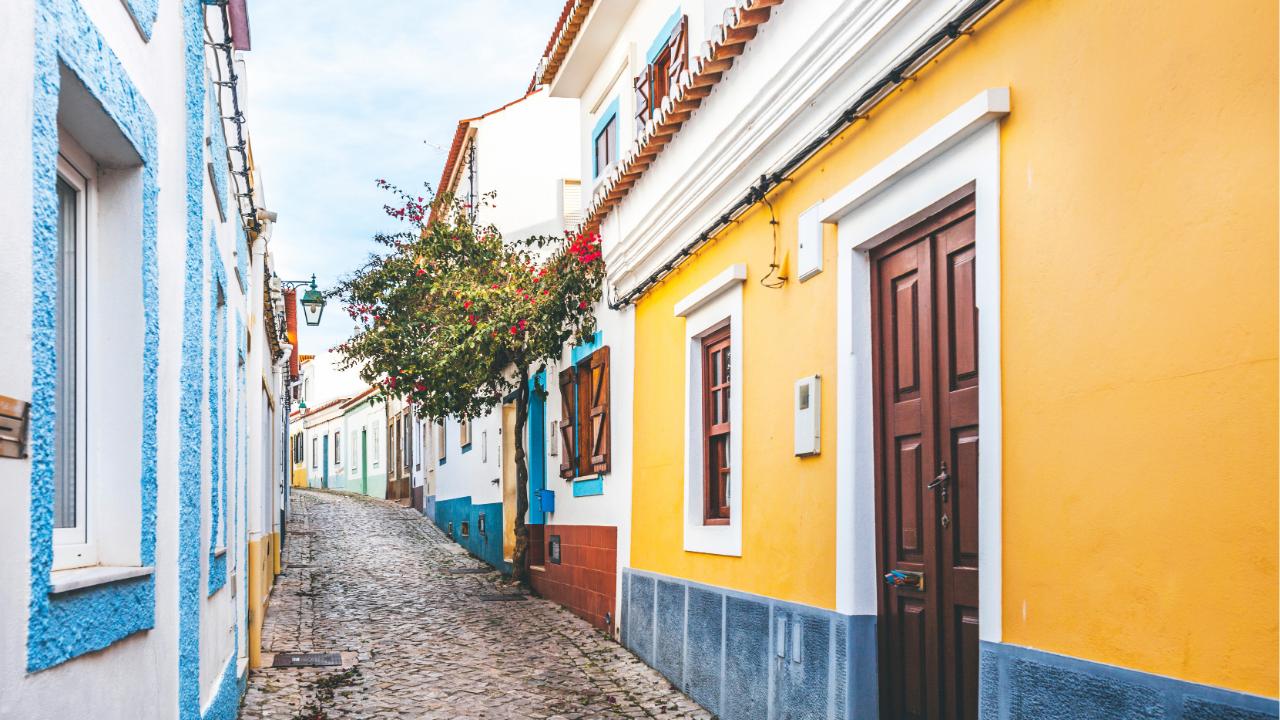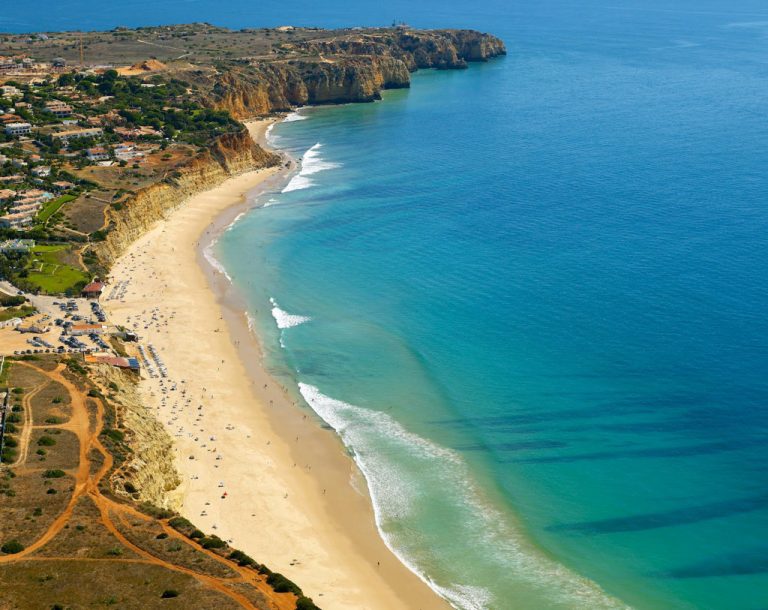Buying Property in Algarve as an EU Citizen: Step-by-Step Guide
EU citizens can buy property in the Algarve easily — here’s your full 2025 step-by-step guide, including taxes, remote purchase, and residency.
Introduction
As an EU citizen, you’re in the ideal position to buy property in Portugal — especially in the Algarve. With no visa restrictions, full ownership rights, and streamlined processes, buying here is not just accessible — it’s genuinely simple.
Whether you’re planning to relocate, invest in a holiday home, or retire by the sea, the Algarve offers a lifestyle and value that many EU buyers are actively pursuing. This guide walks you through the exact steps to purchase property in the Algarve, tailored to your rights and advantages as an EU national.

Step 1: Why EU Citizens Are Buying in the Algarve
Portugal has long welcomed EU buyers, and the Algarve — with its warm climate, coastal beauty, and safe communities — remains one of the top regions of interest.
What draws EU citizens here:
- Warm winters and a Mediterranean lifestyle
- Competitive property prices vs. Western Europe
- English widely spoken
- Access to excellent healthcare and infrastructure
- Direct flights across the EU
🔗 Related Reading: Best Places to Buy Property in Algarve
Step 2: Choose Your Location
From buzzing towns to quiet fishing villages, the Algarve offers a diverse range of lifestyle options. Common choices include:
- Lagos: Historic charm, international feel, great beaches
- Vilamoura & Quinta do Lago: Golf, gated villas, luxury market
- Tavira & East Algarve: Traditional, peaceful, great value
- Albufeira & Carvoeiro: Active, family-friendly, strong rental potential
You can travel and inspect properties easily from anywhere in the EU — or hire a buyer’s agent to do the search and coordination on your behalf.
Step 3: Get a Portuguese Tax Number (NIF)
As an EU citizen, the only required step to buy property is obtaining a NIF (Número de Identificação Fiscal) — your Portuguese tax ID.
You can get it:
- In person at a local Finanças office (bring ID + proof of address)
- Through a lawyer or fiscal rep with power of attorney
Step 4: Work with a Trusted Local Lawyer
Even though the process is smooth for EU buyers, having an independent Portuguese property lawyer is highly recommended.
They will:
- Verify property title and licenses
- Review contracts (especially the CPCV and final deed)
- Handle due diligence
- Represent you remotely, if needed
✅ Many EU buyers purchase entirely remotely using legal representation.
Step 5: Open a Portuguese Bank Account (Optional but Practical)
You can pay from your EU account, but a local bank account makes life easier — for:
- Utility bills and taxes
- Local transactions
- Rental income management (if applicable)
Step 6: Mortgage or Cash?
Many EU buyers purchase in cash, especially retirees or second-home seekers. But if you need a mortgage:
- EU citizens can access financing from Portuguese banks
- Loan-to-value (LTV) typically 70–80%
- Required documents: NIF, proof of income, ID, credit history
Step 7: Make an Offer & Sign the Promissory Contract (CPCV)
When you find the right property:
- Negotiate price and conditions
- Sign a CPCV (Contrato de Promessa de Compra e Venda)
- Pay a deposit (10–30%)
- Define clear terms and timelines
🧑⚖️ This contract is binding, and penalties apply if either party backs out — always have your lawyer review it first.
Step 8: Sign the Final Deed (Escritura)
The final contract is signed before a Notary and your lawyer (or power of attorney). At this point:
- The balance is paid
- The deed is registered
- You become the legal owner
- Utilities and local taxes are transferred
Step 9: Know the Taxes and Fees
EU buyers pay the same standard property taxes as local Portuguese citizens:
- IMT (Transfer Tax) → 1–8% depending on value
- Stamp Duty → 0.8%
- IMI (Municipal Tax) → ~0.3–0.5% annually
- Legal + Notary Fees → ~1–2%
🔗 Related Reading: Costs and Taxes When Buying Property in Portugal
Step 10: Register Your Residency (If Staying Long-Term)
EU citizens can stay in Portugal visa-free. However, if you plan to:
- Live in Algarve for 90+ days
- You must register with the Câmara Municipal to obtain a residency certificate (Certificado de Registo)
Required documents:
- Valid passport or EU ID
- Proof of address in Portugal
- Proof of income or pension
- Health insurance (if not working)
✅ This is a quick and low-cost step for EU nationals.
Final Thoughts
Buying property in Algarve as an EU citizen is one of the easiest real estate paths in Europe. With access to ownership, residency, healthcare, and mobility — plus a mild climate and vibrant expat communities — it’s no surprise that thousands of EU nationals are making the move.
Whether you’re buying for lifestyle, retirement, or long-term investment, the Algarve offers value that’s hard to match.
Start your Algarve property search today — without the hassle.
We’ll do the searching, vetting, and visiting coordination for you.
FAQs
Yes. EU citizens have full rights to buy, own, and reside in Portuguese property.
No visa is required. But for stays over 90 days, you must register with the local town hall.
Yes. Short-term or long-term rentals are allowed, but you may need an AL license for holiday lets.
No inheritance tax for direct heirs. Portugal also has no wealth tax. Tax treaties may apply if you’re tax-resident elsewhere.
Yes. Many EU buyers use a lawyer with power of attorney to complete the transaction entirely remotely.
Generally yes — EU buyers have easier access to financing than non-EU foreigners.





